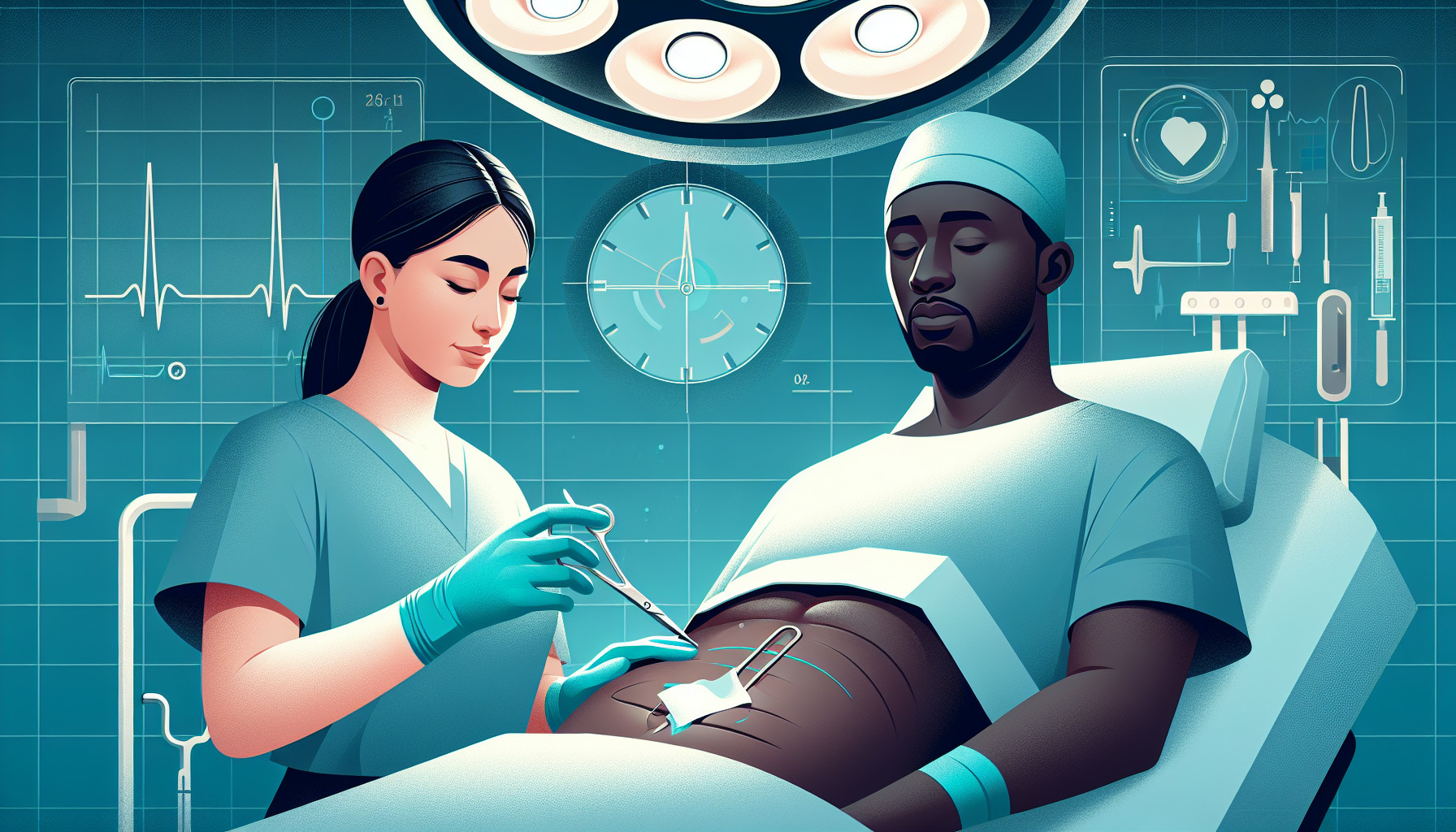Our Summary
This research paper is about a specific type of diverticular disease, a condition where small pouches form in the digestive tract, which can become inflamed or infected. The study looked at how often this disease occurs on the right side of the colon (RCD) and what symptoms and treatments are common among those who have it. The researchers used data from a hospital in Israel and found that, out of 1,000 patients with diverticulitis (inflamed or infected pouches), 99 had the disease on their right side. These patients were typically around 50 years old and most commonly came to the hospital with sudden right-sided stomach pain. CT scans were usually used to diagnose the condition. The patients mostly had a smooth recovery with no severe complications, and the disease was generally treated with intravenous antibiotics. Surgery was rarely needed. After treatment, only three patients had the disease return, and no other issues were found in patients who had a colonoscopy after recovering. The paper concludes that RCD is less common in Western populations and usually has a straightforward recovery with a low chance of complications or the disease returning.
FAQs
- What is the frequency of diverticular disease occurring on the right side of the colon?
- What treatments are commonly used for diverticulitis, specifically if it occurs on the right side of the colon?
- What is the likelihood of diverticular disease reoccurring after treatment?
Doctor’s Tip
A doctor might tell a patient undergoing diverticulitis surgery to follow post-operative care instructions carefully, including taking prescribed medications, eating a high-fiber diet, staying hydrated, and avoiding strenuous activities. It is important to attend follow-up appointments and communicate any new symptoms or concerns to your healthcare provider. By following these guidelines, you can help ensure a smooth recovery and reduce the risk of complications.
Suitable For
Patients who are typically recommended diverticulitis surgery are those who have severe or recurrent episodes of diverticulitis that do not improve with conservative treatments such as antibiotics, rest, and dietary changes. Surgery may also be recommended for patients who experience complications of diverticulitis such as abscesses, perforation, fistulas, or bowel obstruction. Additionally, surgery may be considered for patients with chronic symptoms or those at high risk for complications due to underlying medical conditions. Ultimately, the decision to undergo surgery for diverticulitis is based on the individual patient’s specific situation and should be made in consultation with a healthcare provider.
Timeline
Symptoms: Patients may experience sudden right-sided stomach pain, bloating, constipation, diarrhea, fever, and nausea before surgery.
Diagnosis: Patients typically undergo a CT scan to diagnose diverticulitis and determine if surgery is necessary.
Pre-operative preparation: Patients may need to undergo medical tests, stop certain medications, and follow a specific diet before surgery.
Surgery: The surgical procedure for diverticulitis may involve removing the affected portion of the colon, known as a colectomy.
Post-operative recovery: Patients may experience pain, bloating, and fatigue after surgery and will need to follow a specific diet and take medications to aid in healing.
Follow-up care: Patients will have follow-up appointments with their surgeon to monitor their recovery and ensure that the disease does not return.
Long-term outlook: Most patients have a smooth recovery with no severe complications, and the disease is rarely seen to return after surgery.
What to Ask Your Doctor
- What are the risks and benefits of diverticulitis surgery?
- What is the success rate of diverticulitis surgery in treating the condition?
- What are the potential complications of diverticulitis surgery?
- How long is the recovery time after diverticulitis surgery?
- Will I need to make any lifestyle changes after diverticulitis surgery?
- Are there any alternative treatments to surgery for diverticulitis?
- How often does diverticulitis recur after surgery?
- Will I need to follow a special diet after diverticulitis surgery?
- What type of follow-up care will be needed after diverticulitis surgery?
- How experienced is the surgical team in performing diverticulitis surgery?
Reference
Authors: Rov A, Ben-Ari A, Barlev E, Pelcman D, Susmalian S, Paran H. Journal: Int J Colorectal Dis. 2022 Jun;37(6):1251-1256. doi: 10.1007/s00384-022-04135-5. Epub 2022 May 4. PMID: 35505198
